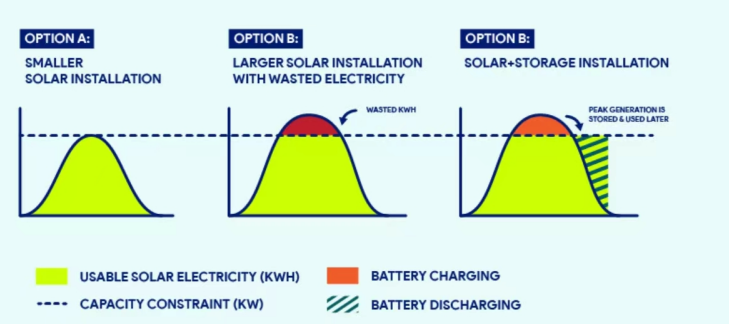
Sep . 16, 2024 11:18 Back to list
ce certification battery energy storage system manufacturers
CE Certification for Battery Energy Storage System Manufacturers
As the demand for sustainable energy solutions continues to rise, battery energy storage systems (BESS) are becoming increasingly pivotal in managing energy resources efficiently. These systems play a crucial role in stabilizing the grid, integrating renewable energy sources, and enhancing energy efficiency. For manufacturers of these systems, obtaining CE certification is an essential step to ensure compliance with safety, health, and environmental protection standards set by the European Union.
The CE marking signifies that a product meets EU safety, health, and environmental protection criteria. For battery energy storage systems, this certification is not just a regulatory requirement; it's a testament to the manufacturer’s commitment to quality and safety in their products. The certification process involves rigorous assessments to verify that the product adheres to the relevant European directives, such as the Low Voltage Directive (LVD), the EMC Directive (Electromagnetic Compatibility), and others pertinent to energy storage technologies.
To initiate the CE certification process, manufacturers must conduct a comprehensive risk assessment of their products. This involves identifying potential hazards associated with their battery systems, evaluating risks, and implementing necessary control measures. The involvement of competent authorities or notified bodies may be required, depending on the complexity of the system. These organizations perform tests and evaluations to verify compliance with applicable standards, ensuring that the products can safely operate within the EU market.
ce certification battery energy storage system manufacturers

Manufacturers must also prepare comprehensive technical documentation, which serves as evidence of conformity. This documentation typically includes product specifications, design calculations, risk assessments, and test reports. By keeping meticulous records, manufacturers not only facilitate the certification process but also enable themselves to address any future compliance issues that may arise.
One of the critical aspects of CE certification for battery energy storage is the adherence to safety standards. These systems often involve high voltage levels and large amounts of stored energy, making them potentially hazardous if not designed or operated correctly. Therefore, ensuring safety through proper design practices, materials selection, and operational controls is imperative. Manufacturers are required to comply with existing standards for battery safety, thermal management, and electrical performance.
Furthermore, CE certification opens doors to the European market for battery energy storage systems, providing access to a large customer base that prioritizes safe and reliable energy solutions. It enhances the manufacturer’s reputation, instilling confidence in consumers and partners alike. In an increasingly competitive environment, being CE certified can provide a significant edge; it is often a pre-requisite for many public tenders and projects across Europe.
In conclusion, CE certification for battery energy storage system manufacturers plays a vital role in the successful marketing and deployment of these innovative technologies within the European Union. By ensuring compliance with rigorous safety, health, and environmental standards, manufacturers can not only protect their products and consumers but also contribute to the growth of a sustainable energy ecosystem. As the energy sector continues to evolve, embracing these standards will be crucial for manufacturers looking to thrive in an increasingly competitive landscape. Investing in the certification process is not merely a regulatory obligation; it is a proactive step towards innovation, reliability, and sustainability in energy storage solutions.
-
Advanced AI Energy Management with GPT-4 Turbo
NewsAug.02,2025
-
AI-Powered EMS with GPT-4-Turbo | Efficiency Boost
NewsAug.01,2025
-
Optimized Storage System for GPT-4-Turbo | High Performance
NewsJul.31,2025
-
AI Energy Management System w/ GPT-4 Turbo Efficiency
NewsJul.31,2025
-
High-Performance Energy Storage System for Reliable Power Solutions
NewsJul.30,2025
-
Advanced EMS Solutions for Energy Management System & Storage Battery Companies
NewsJul.29,2025























